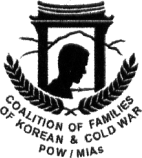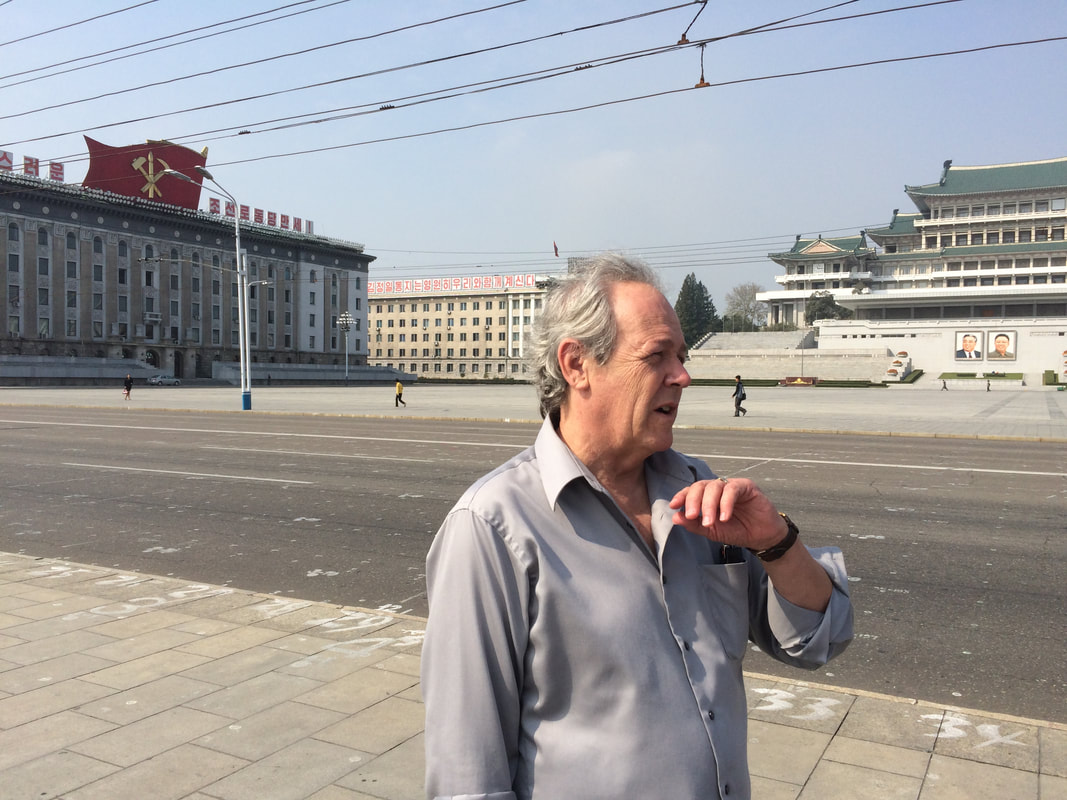|
What ifs are a part of life: What if a relationship had gone differently? What if another career path had been taken? What if a missing loved one had come home from war?
My family recently moved our mom into long term care. Many folks go through this heartbreaking life change. As we help Mom struggle down this final path – fighting to regain balance that had once been so graceful; straining to distinguish between present and past realities, imagined fears and anxieties - my missing father will come to mind. He is still the youthful, strong, vital man from scalloped edged photos, looking on from somewhere undefined. He is surely pleased to see his children caring for his wife, filling the shoes he once assumed would be his own. What if he had come home, a father who went on to have a past that went beyond twenty-six years old; a man who reached into his own old age? Like with my mother, we would be catching hold of him when his equilibrium failed, indulging his puzzling dance with realities that seem real but he knows are not. Maybe he is doing this somewhere else, alone, or with someone at his side. Probably not, but you never know. That’s an issue itself. Either way, this is another phase of life we missed sharing with loved ones who remain missing-in-action. They have become extraordinary through their unknown losses, superheroes who never lived through the everyday challenges that come with a full lifetime, including the indignities of old age, a normal sunset to a lengthy life. What if he had come home? We would love to slip him in beside my mother, frail, forgetful, dependent; and do so with appreciation of how special it would be that he was there, fulfilling an end we never will share.
0 Comments
Short Term Relationships
A year has passed since the DPAA’s director left us mid-leap toward a new direction. The search for the next leader goes on, but it may be futile in the end. Turnover in the DPAA/DPMO’s director position has become regular happenstance. They come and go like the seasons, with minimal impact on the mission they direct. There are reasons for this. The role is demanding, thankless in many ways, and often answers to temporary players and vacant offices in the chain of command going upward. Four Secretaries of Defense have passed through that office during the past eight years. The leadership positions directly below the SecDef change as frequently. There are few developed relationships that can build the mission within this hierarchy; little direction. The current acting Director of DPAA may achieve longevity records just holding down the fort. The Coalition is a casual observer during these changes in leadership. The time and effort spent researching possible candidates, submitting recommendations then championing a favorite, even writing this article, become meaningless when the door to the office revolves so soon after the appointment is made. That time and effort are better spent reaching beyond the empty offices and revolving doors, focusing on the real policymakers in the White House and Congress. They are the designers of the agenda handed down the chain of command. If and when the DPAA director position is filled, the Coalition’s role will have been to help influence the policies she or he will carry out. Long Term Relationships Progress that really matters will come from relationships beyond the DOD’s accounting mission. The Coalition’s relationships with Congressional offices, nongovernment organizations, and dedicated individuals are consistently productive. Through them, we have sat across the table from North Korea’s vice foreign minister and discussed remains return, introduced declassification legislation into the U.S. Senate, met with state department officials and a special consultant to the President. These partnerships with nongovernmental organizations and congressional staff members are where success within the mission lays. They mature and diversify, as well: The executive director of a NGO introduces us to a Senate committee staffer with long-standing support for pow/mia issues. The executive director later leaves the NGO, and is followed in the position by the same congressional staffer, who later sets us on a path with other NGOs that leads to direct negotiations with North Korea. Follow that? Legislative staffers of retiring Congressional members, or those who don’t win reelection, move on to new offices. The relationships carry over. All along the way, critical meetings are arranged, important letters are written, and new connections are made. Lasting accomplishments within the mission are measured in these baby steps. Identifications made today happen because of steps taken years ago. We all wish for the big swoosh of movement that will answer all our questions. For some reason, the pow/mia. mission has never been meant for easy answers. Meanwhile, our loved ones are on dedicated policymakers’ minds and in their hearts. We are not alone, and we owe these unsung colleagues a great deal of appreciation. Sometimes extraordinarily good things happen to us because something extraordinarily not-so-good happened a long time before.
Last September, I traveled to North Korea as a member of a delegation from the Richardson Center for Global Engagement. We were there to negotiate with DPRK officials for the return of U.S. remains from the Korean War. I’m not writing about that here though. Something very personal happened along the way. My father is MIA during an air mission that took place over North Korea in 1952. A significant part of my life has been influenced by what happened that night; mainly because we don’t know what happened. Thousands of other families are in similar scenarios. We share a bond that way. We all want similar things. One of those things for me is to stand wherever what happened took place. The general area where my dad’s plane went down is known. It isn’t too far outside Pyongyang. The flight path of North Korea’s Air Koryo jet took us over the same area. I made sure to have a window seat. (Thank you to my colleague who traded with me.) More than sixty years after my father flew his fateful mission, his son flew part of the same route. We were landing, so the plane flew low enough to get a true feel for the landscape; at about the same altitude as my dad would have bailed out, if he bailed out. The countryside was much prettier for my flight. My father’s plane was lost in January. I went in September. The rice paddies and randomly spaced hills were golden, not frozen white. The hills were important. A returned crewman recalled explosions from the plane’s ammo coming from beyond a hill. Any one of the hills I looked down on could have been that hill. Any one of those rice paddies could have been where my dad is buried … or was marched off to who knows where. After decades of hope and pursuit, I was physically closer to my dad than at any other time since he said goodbye. I was the son returning for his father. As we lifted off on the return, I was able to again look down on those fields, those hills, with small farming villages scattered among them. I said the obvious: I would be back. I don’t know if I will, but being that close, at least once, brought a change within me. Some measure of closure, I suppose. A small part of me healed. Strangely enough, I feel that a small part of my dad healed too. |
AuthorRick Downes is President of the Coalition of Families of Korean & Cold War POW/MIAs. Rick's father, Lt. Hal Downes, went missing-in-action in North Korea, January 13, 1952. Hal was 26 years old. Rick was three. Archives
May 2018
Categories |


 RSS Feed
RSS Feed